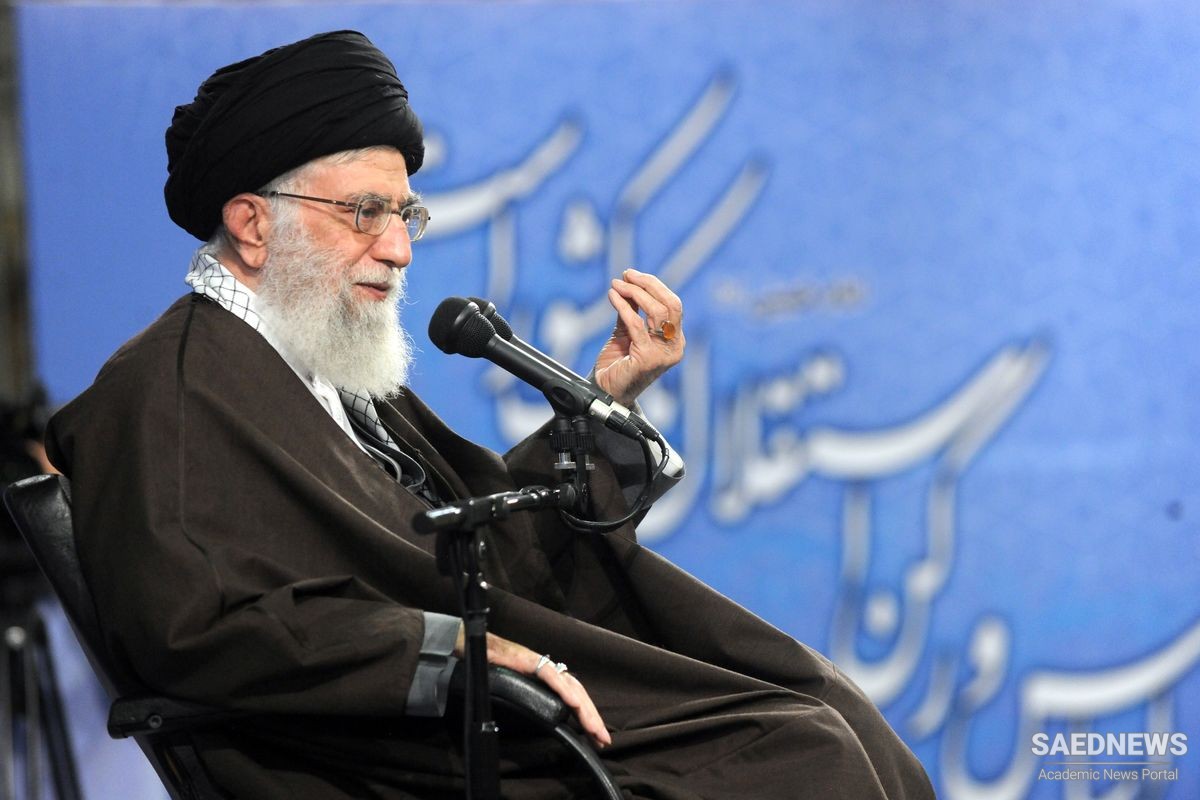This, in turn would open the way for having recourse to the Imāms (‘a) and those to whom they have assigned the right to govern and judge. The main purpose was to prevent kings and the judges appointed by them from attaining any form of authority, and people not to follow them. It has been declared to the Islamic nation that they are not authorities whom to be referred for God Himself had commanded men to disbelieve in kings and unjust rulers (i.e., to rebel against them), and to have recourse to them would conflict with this duty. If you disbelieve in them and regard them as oppressors who are unfit to rule you must not have recourse to them.
What then is the duty of the Islamic community in this respect? What are they to do when new problems occur and dispute arises among them? To what authority should they have recourse? In the tradition previously quoted, the Imām (‘a) said: “They must seek out one of you who narrates our traditions, who is versed in what is permissible and what is forbidden” that is, whenever disputes arise among them, they should seek to have them resolved by those who narrate our hadith, are acquainted with what God has made permissible or forbidden, and comprehend our ordinances in accordance with the criteria of reason and the sharī‘ah. The Imām (‘a) did not leave any room for ambiguity lest someone say: “So, scholars of traditions are also to act as authorities and judges.”
The Imām (‘a) mentioned all the necessary qualifications and specified that the person to whom we have recourse must be able to give an opinion concerning what is permissible and forbidden in accordance with the well-known rules, must be knowledgeable with the ordinances of Islam, and must be aware of the criteria needed to identify the traditions originating in taqiyyah or similar circumstances (which are not to be taken as valid). It is obvious that such knowledge of the ordinances of Islam and expertise in the science of tradition is different from mere ability to narrate tradition.


 The Men of Shah: Counting on All Odds
The Men of Shah: Counting on All Odds














































